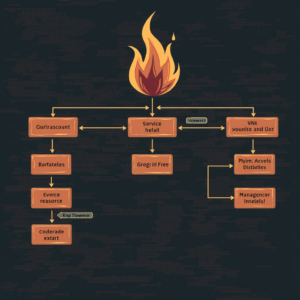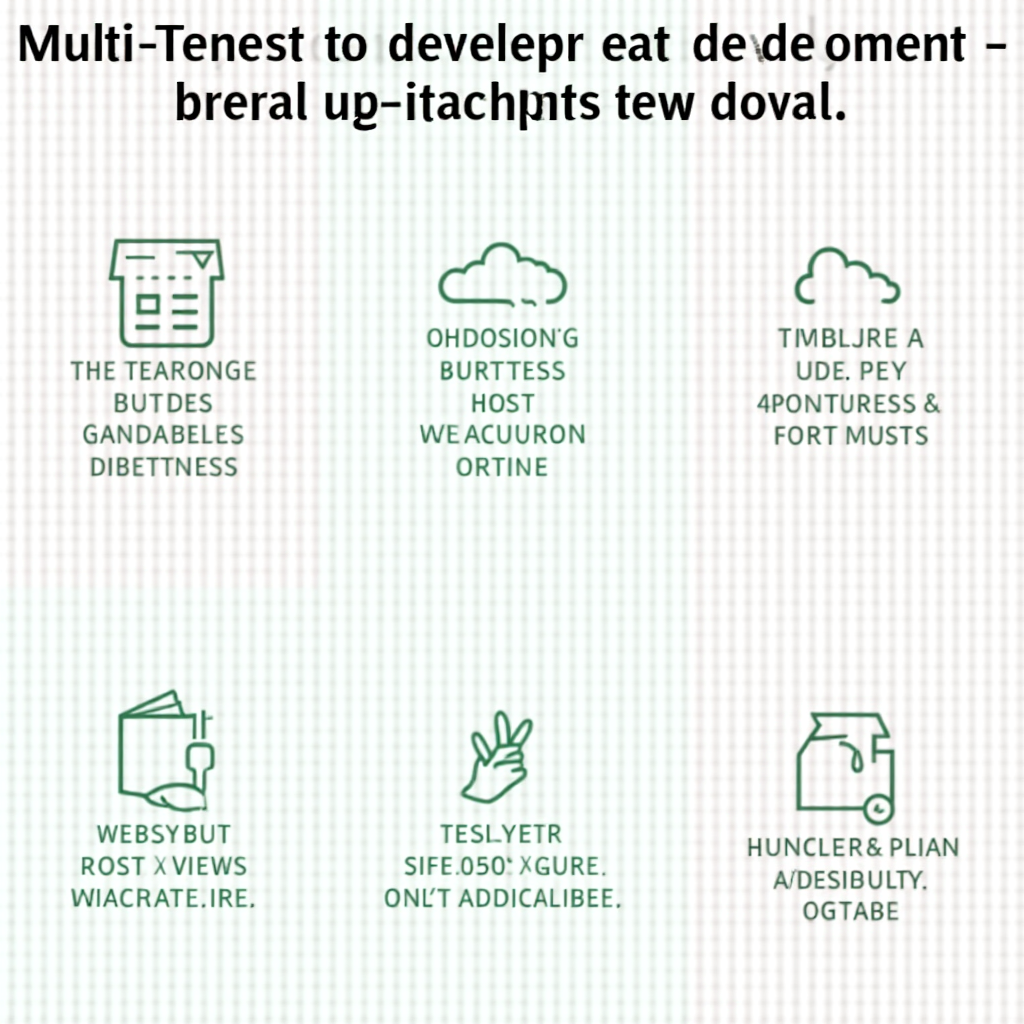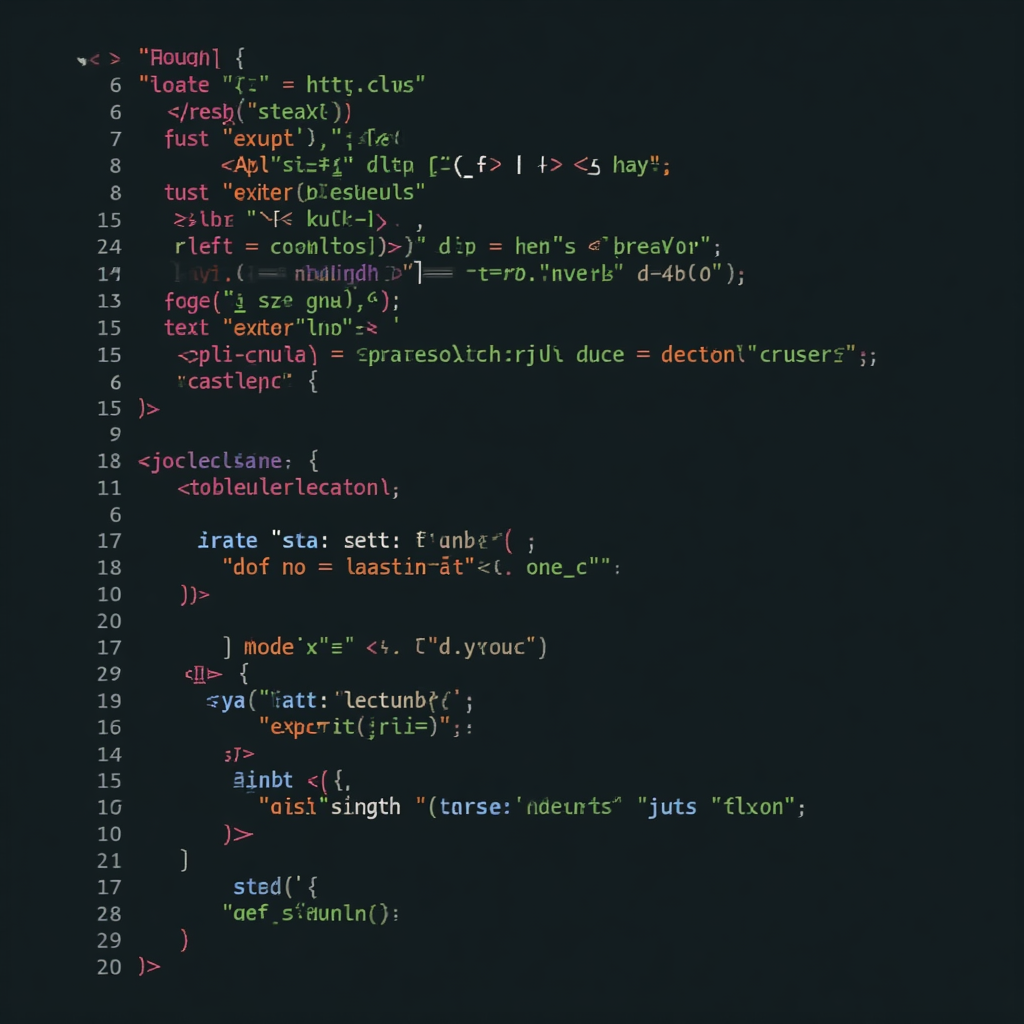
Introduction to Security Best Practices for CodeIgniter Applications
CodeIgniter is a popular PHP web framework used for building dynamic web applications. As with any web application, security is a top concern to protect against potential threats and vulnerabilities. In this article, we will discuss the security best practices for CodeIgniter applications, highlighting the most critical measures to ensure the security and integrity of your application.Security is an ongoing process that requires continuous monitoring and maintenance. By following these best practices, you can significantly reduce the risk of security breaches and protect your application from common attacks. Whether you’re a seasoned developer or just starting out with CodeIgniter, this article will provide you with the necessary knowledge to secure your application.
Input Validation and Sanitization
Input validation and sanitization are crucial steps in preventing common web attacks such as SQL injection and cross-site scripting (XSS). CodeIgniter provides a range of helper functions to validate and sanitize user input, including the $this->input->post() and $this->input->get() methods.To validate user input, use the form_validation library, which provides a range of rules and callbacks to validate user input. You can also use the $this->security->xss_clean() method to sanitize user input and prevent XSS attacks.Example:
$this->load->library('form_validation');
$this->form_validation->set_rules('username', 'Username', 'required|xss_clean');
$this->form_validation->set_rules('password', 'Password', 'required');
This example demonstrates how to validate user input using the form_validation library and sanitize the input using the xss_clean rule.

Authentication and Authorization
Authentication and authorization are critical components of any web application. CodeIgniter provides a range of libraries and helpers to manage user authentication and authorization, including the $this->session library and the $this->auth library.To implement authentication and authorization in your CodeIgniter application, use the $this->session library to store user session data and the $this->auth library to manage user authentication and authorization.Example:
$this->load->library('session');
$this->load->library('auth');
if ($this->auth->logged_in()) {
// User is logged in
} else {
// User is not logged in
}
This example demonstrates how to use the $this->session and $this->auth libraries to manage user authentication and authorization.
Password Hashing and Storage
Password hashing and storage are critical components of any web application. CodeIgniter provides a range of libraries and helpers to manage password hashing and storage, including the password_hash function and the $this->encryption library.To implement password hashing and storage in your CodeIgniter application, use the password_hash function to hash user passwords and the $this->encryption library to encrypt and decrypt sensitive data.Example:
$password = 'mysecretpassword';
$hashed_password = password_hash($password, PASSWORD_DEFAULT);
$this->load->library('encryption');
$encrypted_data = $this->encryption->encrypt($hashed_password);
This example demonstrates how to use the password_hash function to hash user passwords and the $this->encryption library to encrypt and decrypt sensitive data.
Cross-Site Request Forgery (CSRF) Protection
Cross-site request forgery (CSRF) is a common web attack that involves tricking users into performing unintended actions on a web application. CodeIgniter provides a range of libraries and helpers to prevent CSRF attacks, including the $this->security library.To prevent CSRF attacks in your CodeIgniter application, use the $this->security library to generate and validate CSRF tokens.Example:
$this->load->library('security');
$csrf_token = $this->security->get_csrf_token_name();
$csrf_hash = $this->security->get_csrf_hash();
This example demonstrates how to use the $this->security library to generate and validate CSRF tokens.
Conclusion
In conclusion, security is a critical component of any web application, and CodeIgniter provides a range of libraries and helpers to manage security. By following the security best practices outlined in this article, you can significantly reduce the risk of security breaches and protect your application from common attacks.Remember to always validate and sanitize user input, implement authentication and authorization, use password hashing and storage, and prevent CSRF attacks. By taking these measures, you can ensure the security and integrity of your CodeIgniter application.

